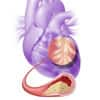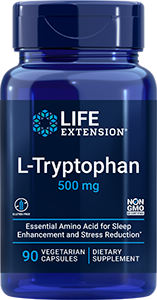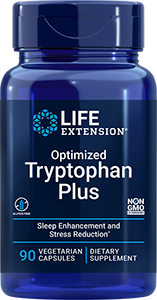
Newsletter
Newsletter
Gamma Tocopherol Supplementation Boosts Smoking Cessation Benefits
Gamma-tocopherol supplementation boosts smoking cessation benefits
Friday, May 3, 2013. The results of a double-blinded study reported on April 23, 2013 at the annual Experimental Biology meeting held in Boston suggest a cardiovascular benefit for the form of vitamin E known as gamma-tocopherol among individuals who had recently given up smoking. "Oxidative stress and inflammation that persist following smoking cessation limits the restoration of vascular endothelial function (VEF)," write authors Richard Bruno of Ohio State University and his colleagues in their summary of the findings. "We hypothesized that smoking cessation with gamma-tocopherol-rich supplementation would decrease oxidative stress and pro-inflammatory responses and improve VEF beyond that of smoking cessation alone." The study included 30 participants in their twenties who had smoked at least 10 cigarettes per day for one year. Subjects were randomized to receive a solution containing 500 milligrams gamma-tocopherol or a placebo for seven days. Ultrasound evaluation of brachial artery flow-mediated dilation (a measure of blood vessel function) was conducted, and plasma levels of cotinine (a marker of tobacco smoke exposure), vitamin E, malondialdehyde (MDA, a marker of oxidative stress), and pro-inflammatory mediators were measured before and after the treatment period. Gamma-tocopherol levels significantly increased among those receiving the supplement, as did flow-mediated dilation responses, in comparison with subjects who received a placebo. While the placebo group experienced a 2.8% average increase in flow-mediated dilation by the end of one week, supplementation with gamma-tocopherol resulted in a 4.2% increase. Studies suggest that each 1 percent increase in flow-mediated dilation is associated with a 13 percent reduction in the subsequent risk of developing cardiovascular disease. "Greater dilatory response is an indicator of vascular health," explained Dr Bruno, who is an associate professor of human nutrition at Ohio State. "People with a long history of smoking tend to have low vasodilatory responses." Although cotinine and malondialdehyde decreased in both groups of former smokers, only those who received gamma-tocopherol experienced a decline in myeloperoxidase and tumor necrosis factor-alpha, indicating a reduction in inflammation. "This is a very short-term study that shows very promising effects," Dr Bruno stated. "The underlying rationale is that we know it takes many years before the risk for cardiovascular disease of a former smoker matches that of a nonsmoker. We hope to develop a therapy to combine with smoking cessation that could accelerate the restoration of vascular function and reduce cardiovascular risk." |
||||||||||||||||
 |
||||||||||||||||
|
||||||||||||||||
|
||||||||||||||||
 |
||||||||||||||||
|
||||||||||||||||
|
||||||||||||||||
The latest news on aging, nutrition, and vitamins
Lab
Testing
How Life Extension lab testing works









